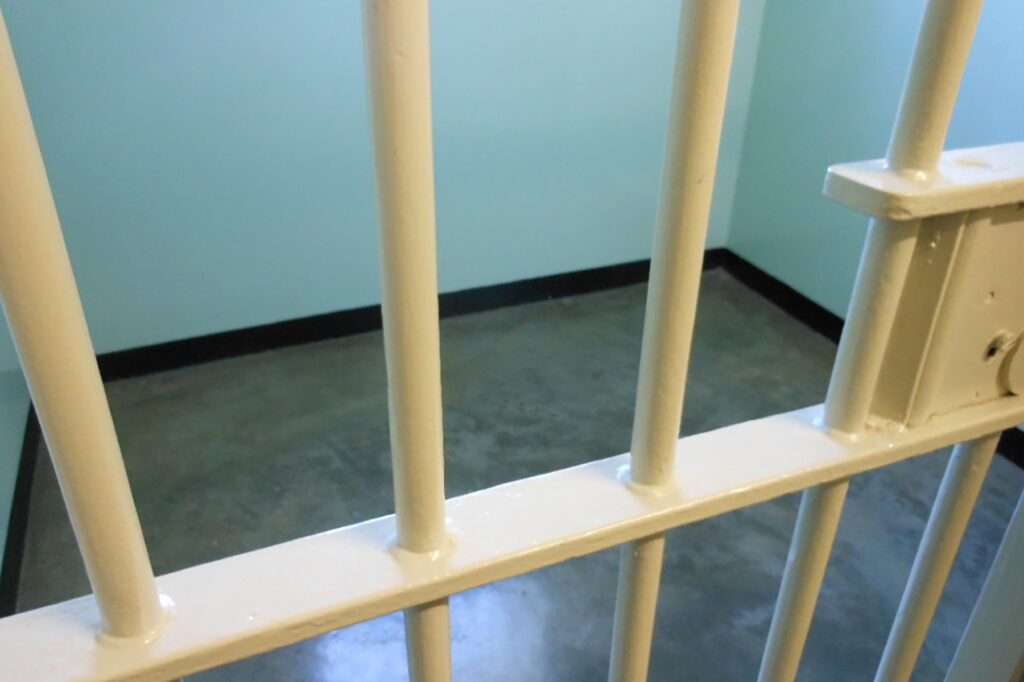According to human rights activists in Russia, there are at least 420 political prisoners in the country right now, of those 33 are in the North Caucasus.
The list of Russia-wide political prisoners was published by the human rights organisation Memorial. The current number of political prisoners in Russia rivals that of the late USSR, prior to the release of prisoners of conscience by Mikheil Gorbachev, the last leader of the Soviet Union.
The identities of the political prisoners are varied. Most, 17 of the 33, according to Memorial, have been detained in connection with the ‘exercise of the right to freedom of religion’. But there are also journalists, queer people, protesters, and even one former interior minister.
The list, Memorial stressed, is not exhaustive. Those they have labelled ‘political prisoners’, they have only done after a ‘thorough study’ of their criminal cases. ‘The real number of political prisoners and other persons imprisoned for political reasons is undoubtedly much higher’, Memorial’s report reads.
Ingushetia
Ten of the prisoners out of the total 33 political prisoners are natives of the Republic of Ingushetia. The detention of eight of them is connected with mass protests and clashes with police that took place in Ingushetia in 2018 and 2019, in connection with the border demarcation agreement between Chechnya and Ingushetia.
[Read more: One year since Ingushetia’s protests]
Protest leaders, including the former Interior Minister of the region, who are accused of organising the violence are currently held in pre-trial detention centres in the Stavropol region.
Daghestan
Perhaps the most well-known among the political prisoners in the North Caucasus is Abdul-Mumin Hajiyev, a correspondent for the Dagestan independent newspaper Chernovik.
Hajiyev has been detained since June 16, 2019, and stands accused of financing terrorism. Hajiyev and his colleagues have said that the criminal case is an attempt to silence Hajiyev’s journalistic work and the work of Chernovik in general.
In December 2019, Hajiyev filed a complaint alleging unjustified persecution by the Russian authorities to the ECHR. His release has also been demanded by Amnesty International and Reporters Without Borders. Hajiyev's case is currently being considered at the North Caucasus Military District Court in Rostov-on-Don.
Other political prisoners in Daghestan include four practising Muslims, who, according to Memorial, have been persecuted because of their beliefs, as well as four Jehovah’s Witnesses. Jehovah’s Witnesses have been declared an ‘extremist organisation’ by the Russian authorities and their activities in the country have been prohibited.
Chechnya
Eight people from Chechnya are on Memorial’s list of political prisoners. Five of them are Muslims, who, according to human rights activists, are being persecuted in connection with ‘their exercise of the right to religion’ including the three Tekilov brothers, who were convicted on charges of allegedly preparing a terrorist attack.
The brothers Saleh Magomed and Ismail Isaev, who are formally accused of ‘participating in illegal armed groups’ have also been recognised as political prisoners by Memorial. Memorial has linked the imprisonment of the two brothers to their homosexuality and criticism of government authorities on Telegram. The two men were abducted in February of this year from a shelter run by the Russian LGBT network.
Salman Tepsurkaev, the former moderator of the 1ADAT Telegram channel, known for its criticism of the Chechen authorities, has also been listed as a political prisoner. Tepsurkayev was kidnapped in September, and a video apparently showing him being sexually violated was posted online shortly thereafter.
On October 19, the ECHR found the Russian authorities responsible for the abduction and torture of Tepsurkaev. His current whereabouts and if he is even still alive remains unknown.
[Read more: ECHR rules Russia is guilty of abducting a Chechen government critic]
Kabardino-Balkaria
Rasul Kudayev, a native of Kabardino-Balkaria, is the only North Caucasian political prisoner on Memorial's list to have been sentenced to life in prison. Kudayev was found guilty of participating in an armed attack in the city of Nalchik on 13 October 2005 in which 145 people were killed, including 15 civilians.
A year before his arrest by the Russian authorities in 2005, Kudayev was released from American custody at Guantanamo Bay. He had been held there without charge.
Memorial considers the charges facing Kudayev to be politically motivated, with his former imprisonment in Guantanamo used as evidence to substantiate a ‘foreign connection’ for the 2005 Nalchik events. Additionally, Memorial cites numerous witnesses who confirmed Kudayev’s alibis for events he was accused of being a participant in.




 29 October 2021
29 October 2021



